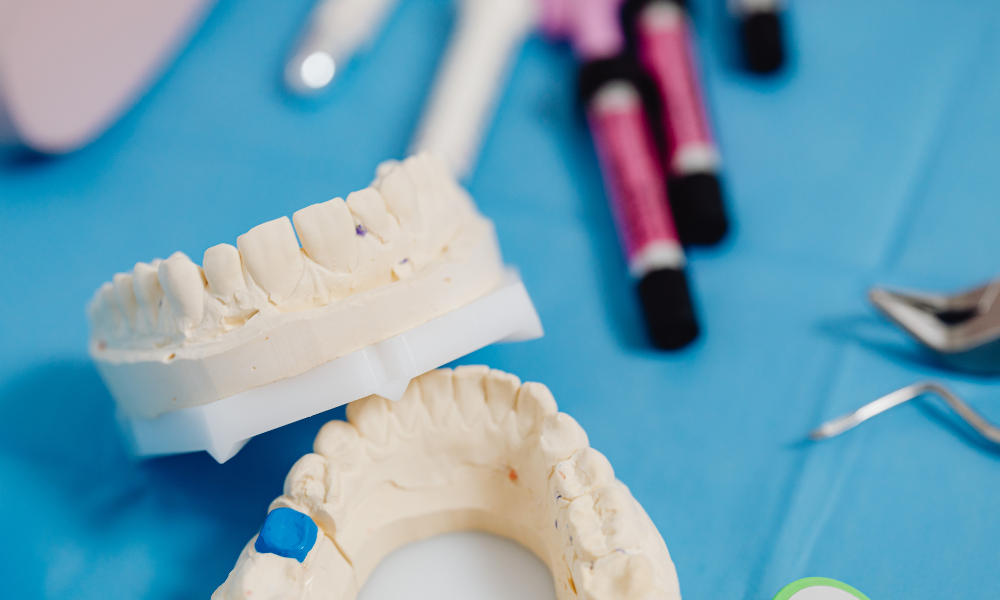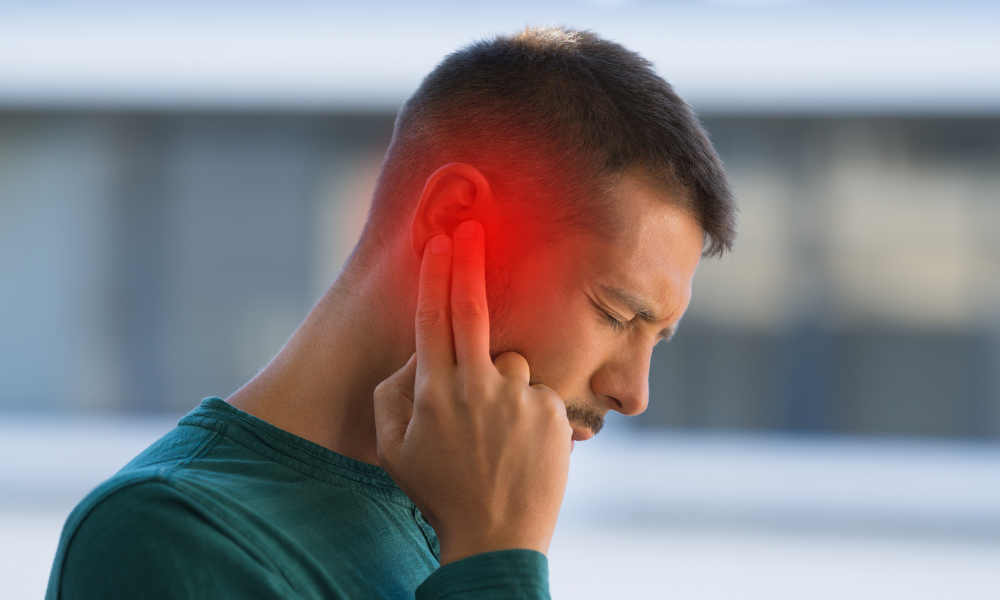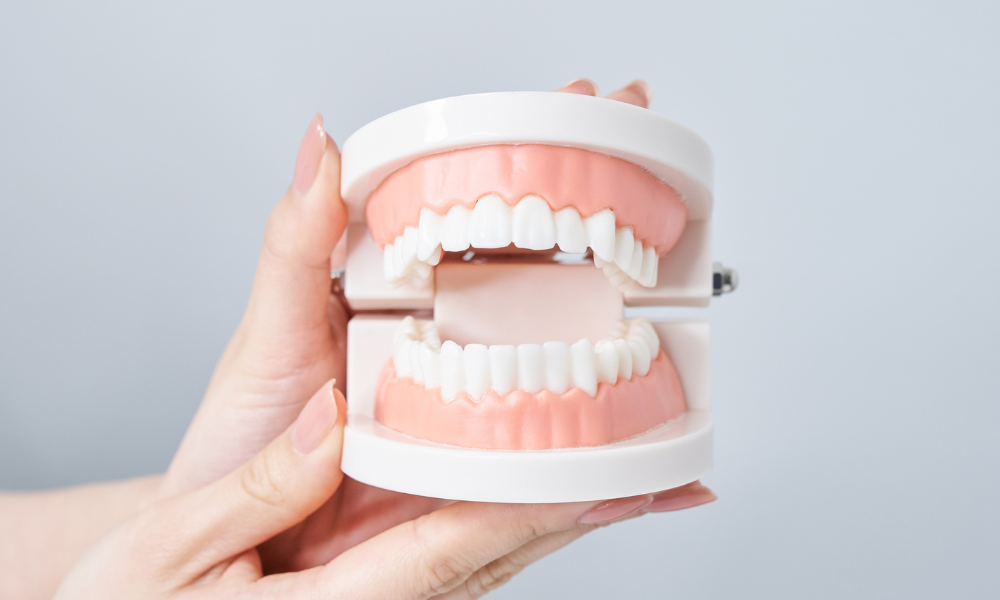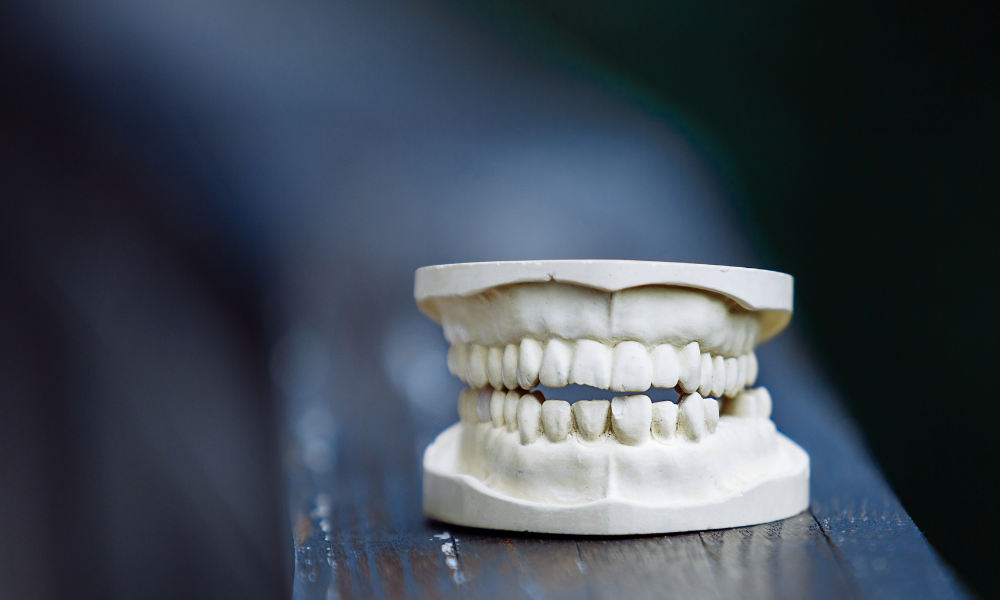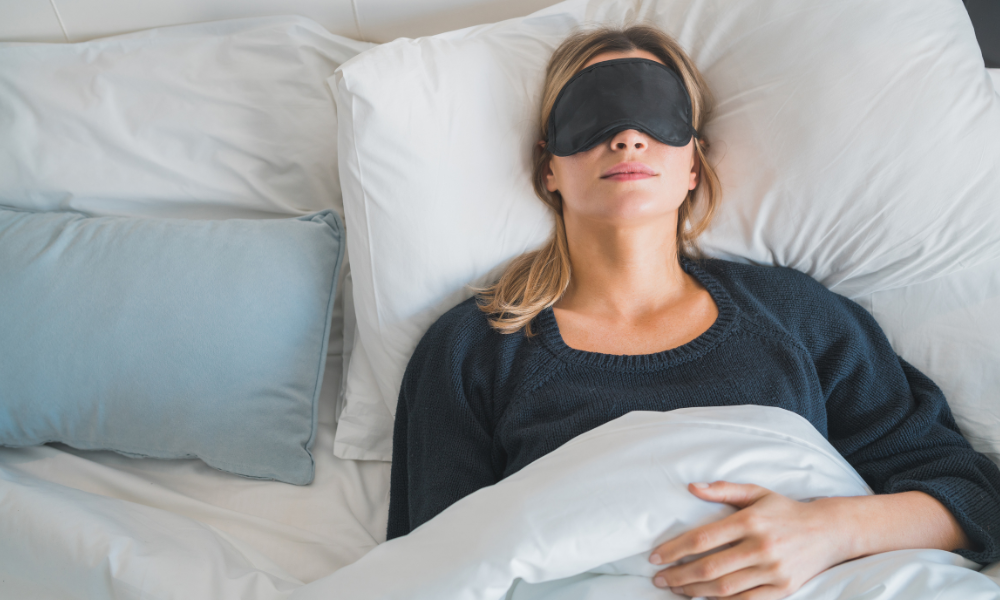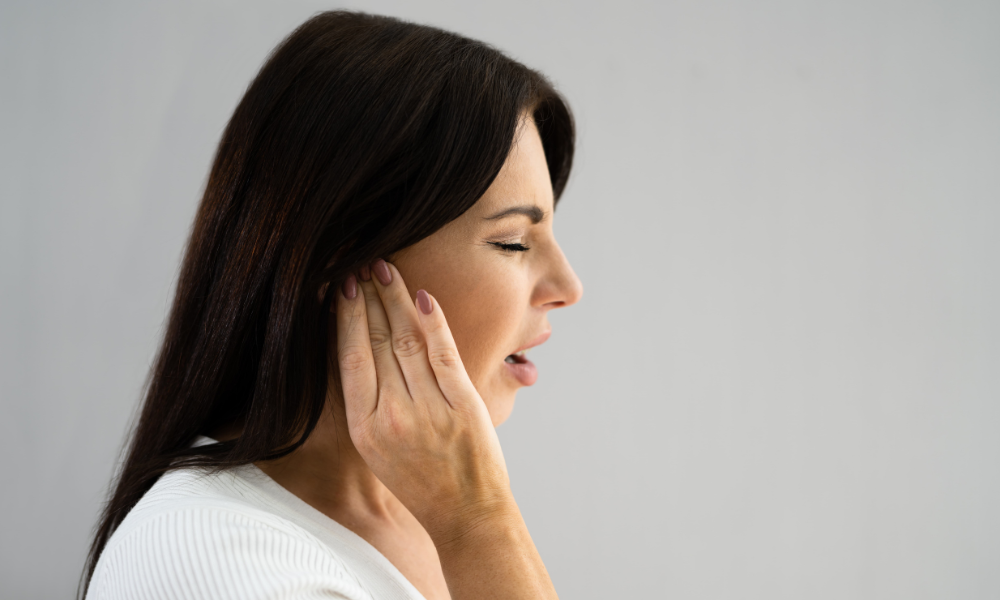
Sleep apnea and temporomandibular joint (TMJ) disorders are common yet often underdiagnosed conditions that can significantly affect your daily life and overall health. Early detection of these conditions is crucial for delivering timely and appropriate treatment that can alleviate discomfort, restore function, and reduce related health risks. At Columbia Center for Sleep Apnea and TMJ, Dr. Jared Bloxham is dedicated to educating our patients on the warning signs of sleep apnea and TMJ disorders, enabling them to seek help when necessary and achieve improved health outcomes.
In this blog post, we will discuss the early warning signs of both TMJ disorders and sleep apnea, as well as the importance of seeking professional help and evaluation when these symptoms arise. By understanding the potential indicators of these conditions, individuals can take action to address them proactively, potentially avoiding more severe complications and restoring their quality of life.
TMJ disorders refer to a group of conditions affecting the temporomandibular joint, the hinge that connects the lower jaw to the skull. These disorders can cause a range of symptoms, including pain, discomfort, and reduced jaw function, that can disrupt daily activities and well-being. Sleep apnea, on the other hand, is a sleep disorder characterized by repeated pauses in breathing during sleep, which can lead to a host of health complications if ignored, such as chronic fatigue, cognitive difficulties, and cardiovascular issues.
Recognizing the early warning signs of both TMJ disorders and sleep apnea is essential to ensure the best possible care and outcomes. Understanding your own risk factors and seeking professional help when these symptoms present can help you manage these conditions effectively and maintain your overall health and well-being.
1. Warning Signs of TMJ Disorders
Recognizing the symptoms of TMJ disorders is the first step towards seeking appropriate care and addressing the underlying issues causing discomfort and dysfunction. Some common warning signs of TMJ disorders include:
- Jaw pain or tenderness: One of the most prevalent symptoms of TMJ disorders is pain or tenderness in the jaw joint, which can be exacerbated by activities like chewing, speaking, or opening the mouth widely.
- Limited jaw mobility: Difficulty opening or closing the mouth, as well as stiffness or a sense of "locking" in the jaw, can be indicative of a TMJ disorder.
- Clicking or popping sounds: Some individuals with TMJ disorders may experience audible clicking or popping noises when they move their jaw, particularly during chewing or speaking. While these sounds alone don't necessarily indicate a TMJ disorder, they can be a warning sign when accompanied by other symptoms, such as pain or discomfort.
- Facial pain or discomfort: TMJ disorders often manifest as pain or discomfort in areas beyond the jaw itself, including the face, neck, and surrounding muscles.
- Headaches or earaches: Some people with TMJ disorders may experience headaches or earaches, which can stem from the strain and tension caused by this condition.
2. Warning Signs of Sleep Apnea
Similarly, identifying the warning signs of sleep apnea is essential in seeking timely care and managing the condition to prevent potential complications. Some common warning signs of sleep apnea include:
- Loud and persistent snoring: While not all individuals who snore have sleep apnea, loud and persistent snoring can be a significant indicator of this sleep disorder, particularly if accompanied by episodes of gasping or choking during sleep.
- Pauses in breathing during sleep: Individuals with sleep apnea may experience temporary pauses in their breathing throughout the night. These episodes, which can last from a few seconds up to a minute or more, can be incredibly disruptive to sleep quality.
- Chronic daytime fatigue: Due to the fragmented sleep patterns caused by sleep apnea, individuals may experience persistent daytime fatigue, a reduced ability to concentrate, and an increased risk of falling asleep during the day.
- Frequent nighttime awakenings: Waking up frequently during the night, sometimes accompanied by a sensation of gasping or choking, can be a warning sign of sleep apnea.
- Morning headaches or dry mouth: Sleep apnea can cause individuals to experience headaches or dry mouth upon waking, as a result of disrupted breathing patterns and reduced oxygen levels during sleep.
3. The Importance of Seeking Professional Evaluation
If you are experiencing any of the warning signs of TMJ disorders or sleep apnea, it's essential to seek professional help for a thorough evaluation and diagnosis. Immediate assessment and treatment can help prevent further complications, alleviate symptoms, and improve your overall quality of life. At Columbia Center for Sleep Apnea and TMJ, Dr. Bloxham will work closely with you to develop a personalized treatment plan that addresses your unique needs and concerns, ensuring the best possible outcomes.
4. Strategies for Managing TMJ Disorders and Sleep Apnea
Once you have been diagnosed with a TMJ disorder or sleep apnea, there are several strategies that can be employed to manage your symptoms effectively. Common treatment options include:
- Lifestyle modifications: Making changes to your sleep habits or daily routines, such as maintaining a consistent sleep schedule, adjusting your sleeping position, or practicing relaxation techniques, can help improve symptoms of both TMJ disorders and sleep apnea.
- Oral appliance therapy: Custom-fitted oral appliances can be used to treat sleep apnea by maintaining an open airway during sleep, as well as providing relief from TMJ disorder symptoms by repositioning the jaw and reducing pressure on the temporomandibular joint.
- Myofunctional therapy: As mentioned previously, myofunctional therapy can help address underlying muscle dysfunctions contributing to both sleep apnea and TMJ disorders, providing lasting symptom relief.
Conclusion
By recognizing the early warning signs of TMJ disorders and sleep apnea and seeking professional help, you can take control of your health and address these conditions before they impact your daily life and overall well-being. At Columbia Center for Sleep Apnea and TMJ, we are committed to providing compassionate, personalized care for individuals struggling with these conditions, empowering you to reclaim your quality of life.
If you believe you may be experiencing symptoms of a TMJ disorder or sleep apnea, don't hesitate to contact Dr. Bloxham at Columbia Center for Sleep Apnea and TMJ today. Schedule a consultation to learn more about our comprehensive
TMJ treatment in Richland and take the first step towards improved health and well-being.
